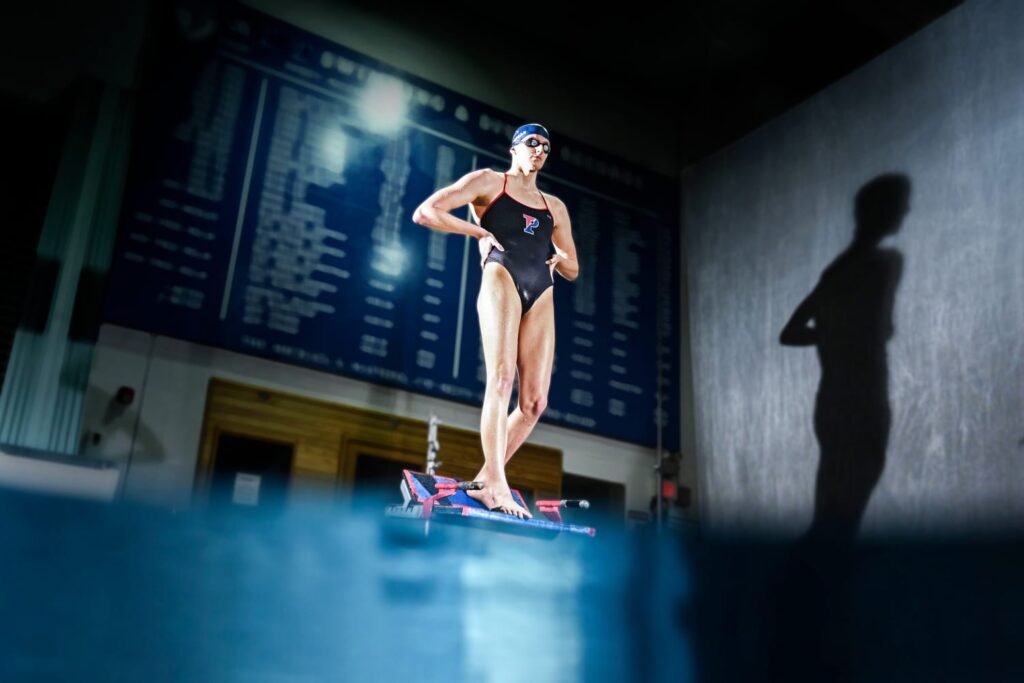A group of more than 400 current and former Olympians, professional and college athletes, more than 300 academics and nearly 100 advocacy groups on Tuesday urged the NCAA not to ban transgender women from participating in women's college athletics. published a separate letter asking for this.
The letter was coordinated by LGBTQ sports advocacy group Athletes Ally, and signatories include former U.S. women's national soccer team co-captain Megan Rapinoe, former WNBA and Olympic basketball star Sue Bird, Former NFL defensive end RK Russell is among the names.
“We call on everyone to stand on the right side of history and affirm that sport is truly for all of us,” the letter signed by the players said. “Please don’t ban transgender women from NCAA women’s sports.”
In a separate statement from Rapinoe, who is perhaps the most famous athlete to sign, the two-time Olympic medalist said, “The ban on transgender athletes, which is billed as “protecting women's sports,'' It doesn't speak for us and it doesn't do anything to protect us.”
“It's time for the NCAA and the national sports community to speak up and affirm that sports should be for everyone, including transgender athletes,” Rapinoe said in a statement released by Athlete Ally. I’ve come,” he said.
Asked about the letter, the NCAA said in a statement, “College sports are the premier stage for women's sports in the United States, and the NCAA continues to advance Title IX, make unprecedented investments in women's sports, and support all student-athletes. “We will ensure fair competition.” At every NCAA Championship. ”
The NCAA has allowed transgender women to compete on women's sports teams under certain conditions since 2010. The association has announced that it will introduce a new sport-specific approach in 2022. The current guidelines, like the 2010 guidelines, require transgender women to undergo at least one year of testosterone suppression treatment, but the new rules largely leave the details to each sport's national governing body.
The new rule sparked a media firestorm that first erupted over the 2021-2022 winning streak of University of Pennsylvania transgender swimmer Leah Thomas.
Tuesday's letter is part of a broader and highly divisive debate over transgender participation in sports. A recent Gallup report found that 69% of Americans say transgender athletes should only be allowed to compete on sports teams that correspond with their assigned gender at birth.
The NCAA, the largest collegiate sports association with about 1,100 member schools, is a central player in this debate.
Last month, more than a dozen college swimmers and volleyball players sued the NCAA, claiming the sports organization violated their Title IX rights by allowing Thomas to compete in the 2022 U.S. Women's Swimming Championships.
Former University of Kentucky swimmer Riley Gaines, who was one of the plaintiffs in last month's lawsuit and was mentioned in two letters to the NCAA, will be running the women's 200-yard free at the 2022 NCAA Championships. He tied for 5th place with Thomas in the Kata race. And since then, she has become a vocal advocate against transgender participation in women's sports.
Just last week, 17 House Republicans co-signed a letter to NCAA President Charlie Baker asking him to ban trans women from all women's sports. The letter acknowledges Thomas' victory and the decision earlier this month by the National Association of Intercollegiate Athletics (NAIA), a small sports governing body, to ban trans women from participating in women's sports at its approximately 250 member universities. I mentioned what happened.
“We call on the NCAA to reconsider current policies that allow biological males to deprive women of a fair opportunity to compete and succeed in sports,” the letter reads. ing. “No woman attending an NCAA member school should fear having their athletic achievements belittled by their biological male.”
Conservative politicians across the country are also weighing in on the issue. According to the Movement Advancement Project, an LGBTQ think tank, 24 states now prohibit transgender students from participating in school sports that align with their gender identity. Some of these laws, including those in Arizona, Idaho and Utah, have been temporarily blocked by injunctions, according to MAP.
The Biden administration announced revised Title IX rules Friday to clarify that the federal Civil Rights Act of 1972 prohibits anti-LGBTQ discrimination in schools. However, it's worth noting that the new rules exclude a new policy that prohibits schools from enacting blanket bans on transgender athletes, and the administration initially said that the The plan was to include policies.
For more information on NBC Out, Sign up for our weekly newsletter.


